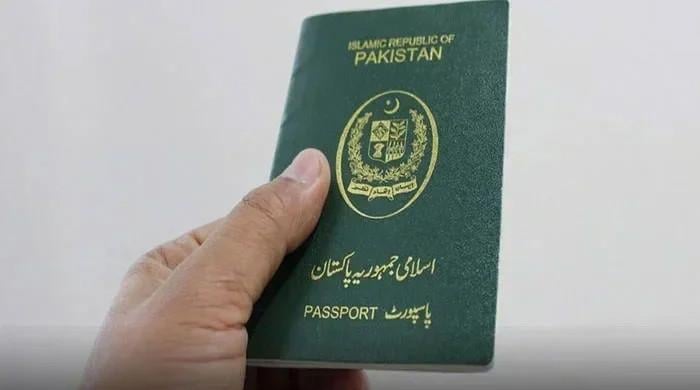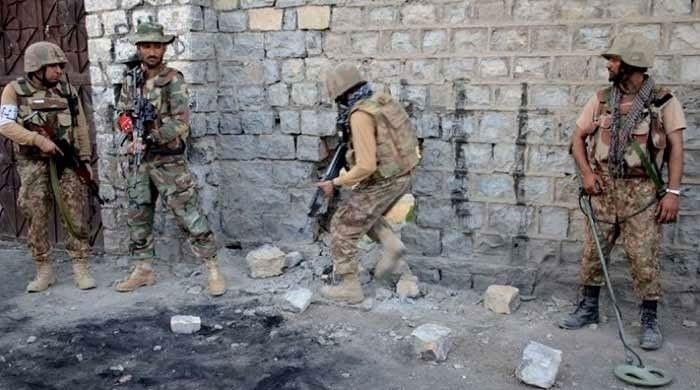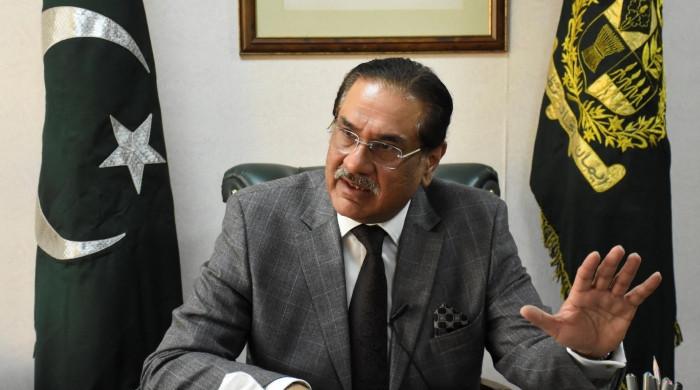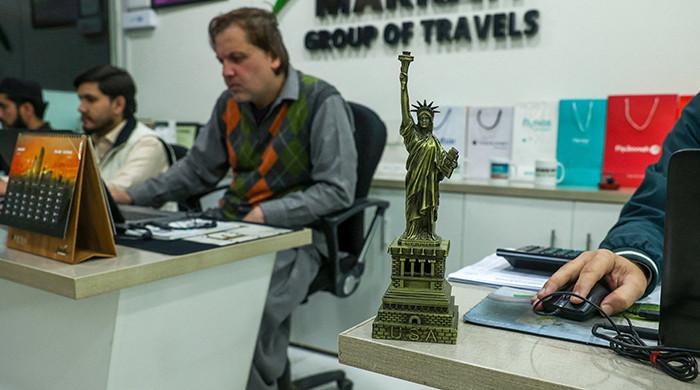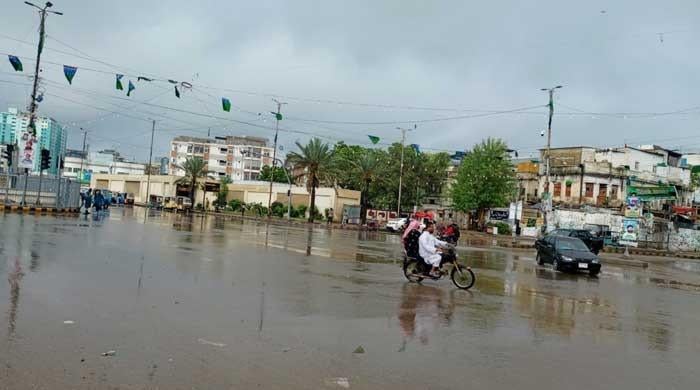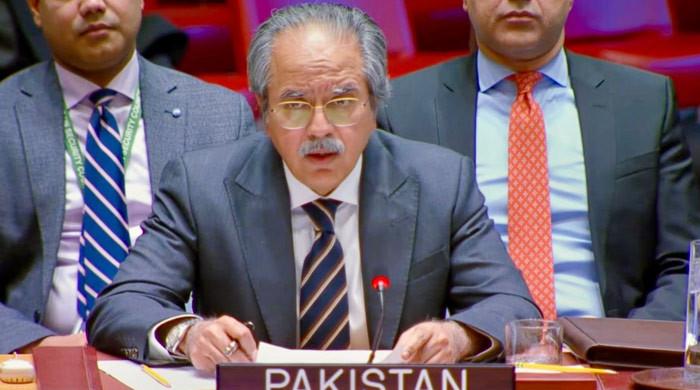PM Imran expressed 'great displeasure' over threats given to sugar probe commission: Awan
PM Imran will take action on recommendations of the final report by inquiry commisison, says Dr Firdous
April 07, 2020
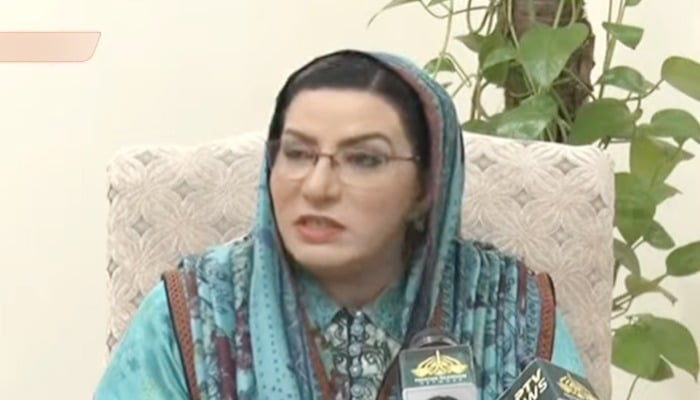
ISLAMABAD: Prime Minister Imran Khan expressed "great displeasure" over reports of threats being given to the inquiry commission investigating the sugar crisis, said Dr Firdous Ashiq Awan on Tuesday.
Dr Firdous was holding a press conference on the cabinet meeting held earlier today during which the inquiry report on the sugar crisis was discussed.
"Today, the prime minister expressed 'great displeasure'over threats being given to the sugar crisis probe commission. He said that strict action will be taken against such elements if they make threats [to the inquiry commission] again," she said, adding that the premier made it clear that the government's topmost priority was to provide justice to the people.
She said that the prime minister had tasked the FIA commission to probe the crisis upon witnessing the hardships that citizens were facing. Dr Firdous said that PM Imran will take action based on the recommendations of the final report that will be provided by the commission on April 25.
Dr Firdous said that the inquiry report had not only raised questions on Pakistan's sugar policy but had also identified the problems of the food system in the country. "These [gaps] will not only be removed but a foolproof, technological process will be introduced due to which no one will have the courage to create an artificial food crisis again," she added.
She said that the cabinet had been informed that a delegation headed by Salman Shehbaz Sharif convinced then-prime minister Shahid Khaqan Abbasi in 2017 to issue a Rs20bn subsidy for sugar.
Dr Firdous said that the cabinet had been informed that the Sindh government had also approved subsidies for sugar mills in 204 and 2018 through the Omni Group.
Read more: Cabinet reshuffle: 'PM Imran wants to strengthen institutions, not individuals'
PM Imran vows action against profiteers after forensic report
The prime minister seems adamant on taking action against anyone found involved in the sugar and wheat crises. On Sunday, he took to Twitter to announce that action will be taken against the perpetrators of those who had contributed to the artificial crises.
“After these reports come out no powerful lobby will be able to profiteer at the expense of our public,” he had tweeted.
“This is unprecedented in Pakistan’s history. Previous political leaderships because of their vested interests and compromises lacked the moral courage to order and release such reports,” he had further tweeted.
Background of the sugar, wheat crises
In January, prices of wheat surged across the country after it emerged that the staple food's quantity had decreased significantly in markets across the country.
The News had reported that the wheat crisis originated in Sindh and then spread to other provinces. It said that corruption probes against officials in the Sindh government discouraged many in the province from the procurement of wheat that would otherwise have increased existing surplus wheat stock. At one point, the reserve stock was as low as 0.2 million tons.
The problem was exacerbated by a decision to export 200,000 to 400,000 tons of wheat, keeping in view surplus stocks on the basis of estimates presented by the Ministry of National Food Security and Research, but the actual exports of wheat crossed 640,000 tons.
Shortly after the wheat crisis ended, sugar prices went up as the product was found scarce in short supply in markets across the country. Hoarding and an artificial increase in the prices of the commodity were cited as the main reasons for the surge in the prices of the product.




